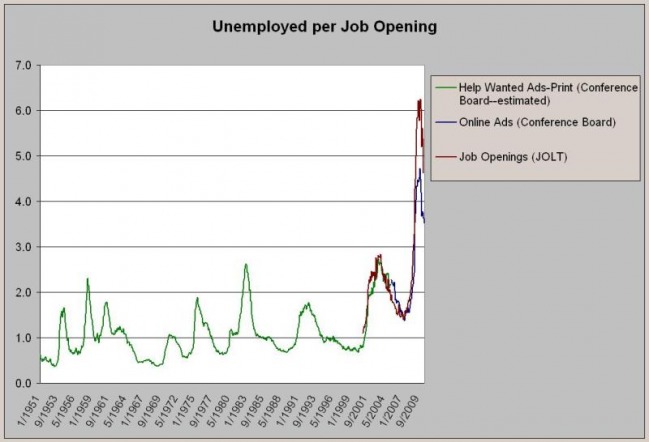You know how little kids, maybe at the age of three, start asking questions that are hard to answer? My kid Matthew is 10, but he’s at that stage again — except this time, he offers what he calls “theories,” and then expects to talk about them. It’s kind of fun, because no matter how outlandish his theories, his bringing them up usually results in us talking about interesting philosophical issues, though rarely resolving them.
I find myself this morning a bit vexed, in a good way, about a conversation he initiated with me yesterday. It started when he told me he thought that “morphic fields” — a concept he picked up from reading a book from the heretical scientist Rupert Sheldrake — might be responsible for human creativity. His idea was that new ideas exist in some sort of cloud computer land, floating out there as information that, under mysterious conditions, our brains can access. What seems to us like original thinking is actually the receiver that is our brain picking up information available in the cloud, in a morphic field.
That’s a lot to talk about with a 10 year old, and I was surprised by how the philosophical problems that emerged from our discussion stayed with me overnight. Well, it turns out a book I have on my shelf at home, “Decoding Reality: The Universe as Quantum Information” by Vlatko Vedral, an Oxford University quantum physicist, offers some clues that Matthew might find interesting. Follow this link to a Guardian interview with Vedral, both in print and on video, in which he discusses his ideas. His basic insight/argument is that information, not matter and energy, is the fundamental basis of reality. Here’s a short BBC video in which Vedral previews his book.
I have never read this book, but bought it a few months ago for some reason I can’t recall. Now I want to add it to the stack by my bedside. Readers, any of you seen this book, or are familiar with Vedral’s ideas? N.B., Vedral has said that the kinds of events we regard as “spooky” ought not to spook us at all — that they are simply manifestations of the natural world, and that they can be explained, or one day will be explained, through quantum mechanics. All of this leaves me wondering about how Vedral would attempt to explain the phenomenon of predictive dreams and accurate premonitions in terms of quantum mechanics. Also, Matthew’s “morphic field” idea about creativity is pretty hard to accept (hey, he’s 10 years old!), but if Vedral is right, I’m wondering if there’s not a germ of truth in the idea that information exists in a “cloud” around us, and the most creative people among us have a gift of being receptive to it at a subconscious level. I’m not saying that the Ninth Symphony was floating in the ether, and Beethoven simply downloaded it and printed it out via his own hand. But I am wondering if what we call “inspiration” can, in some sense, be thought of as being able to access information in an extraordinary way, and to filter it through our own
Thoughts? Of course we don’t need a quantum woop-de-doo explanation for all creativity; a skilled artist can take the information available through normal means and resynthesize it in fresh new ways. Still, might there not be more to it?

